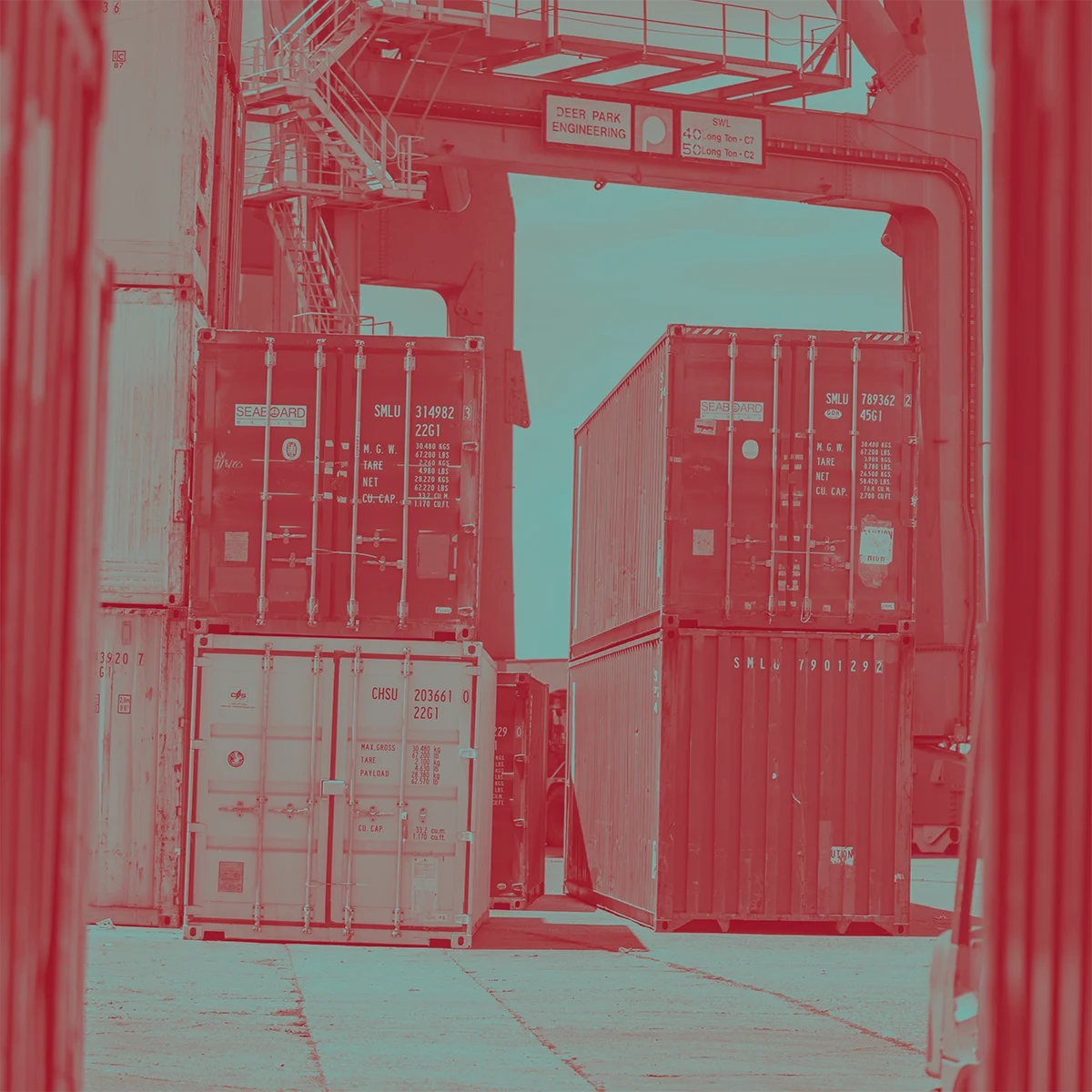We’ve all seen governments use tariffs and sanctions to achieve geopolitical goals and reshape economies. But people might not realize that companies use similar tactics—privately.
US executives who disagree with the policies of an incoming government where they operate are 12% more likely to curtail trade with such nations, levying so-called “private sanctions,” says research by Harvard Business School’s Elisabeth Kempf. And the stronger a CEO’s beliefs, the more likely their company is to reduce trade.
It’s not just government-induced measures that can disrupt global trade networks.
“It’s not just government-induced measures that can disrupt global trade networks,” says Kempf, associate professor and coauthor of the working paper, “The Political Economy of Firm Networks: CEO Ideology and Global Trade.” “CEOs shape them as well through their own political views that creep into their decisions. Ideological alignment matters.”
Kempf worked on the paper with Margarita Tsoutsoura, an associate professor at the Olin Business School at Washington University in St. Louis, and Mancy Luo, a senior lecturer at the Bayes Business School at the University of London.
With trade relations upended by the Trump Administration’s sweeping tariffs, the work warns of further fracture at the highest levels of corporations, with partisanship playing a hidden role in influencing cross-border trade. And by examining recent elections in Europe, it shows that political shifts don’t have to be radical to trigger pullback.
Measuring ‘ideological distance’
The researchers aimed to quantify the “ideological distance” between US CEOs and political parties outside the US that recently won close elections. They used shipping data to gauge US firms’ reactions, and whether the ideological distance grew between a CEO and a new incoming government.
The study allowed researchers to compare Democratic and Republican-led US firms doing business in the same country before and after an election. Slightly more than three-quarters of CEOs in the study were Republican.
When companies reduce trade
US firms were about 12% more likely to reduce trade with countries led by governments whose political ideology grew more distant after elections from that of their CEOs.
The effect was nearly twice as high for those firms whose CEOs were considered “highly politically engaged,” based on the frequency of their voting and level of their campaign donations in US elections.
Inside the research
The analysis by Kempf and colleagues relied on a decade’s worth of global trade, voting, and elections-return data, including:
- Voter and donation records
US voter registration and campaign donations for 656 CEOs of 570 US firms.
- Corporate shipping data
S&P Global Panjiva and US Customs and Border Protection data tracks shipping by individual firms from 2007 to 2021.
- Election and party analysis
The Manifesto Project Database provided party and ideology information on 40 elections in 27 countries from 2009 to 2019.
Have feedback for us?
The Political Economy of Firm Networks: CEO Ideology and Global Trade
Kempf, Elisabeth, Mancy Luo, and Margarita Tsoutsoura. "The Political Economy of Firm Networks: CEO Ideology and Global Trade." Harvard Business School Working Paper, No. 25-050, April 2025.


